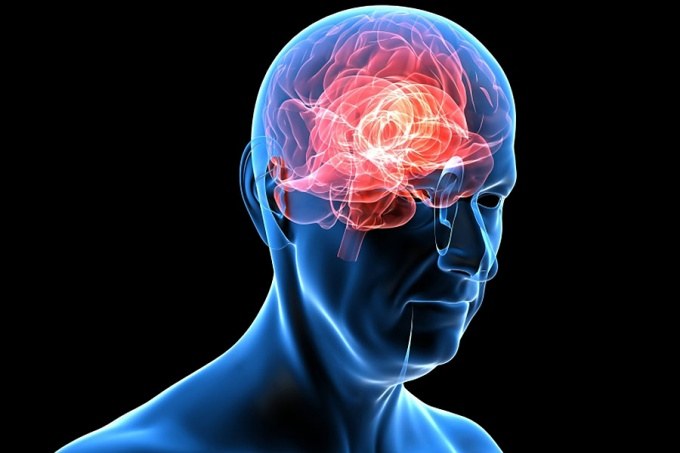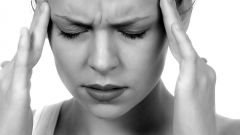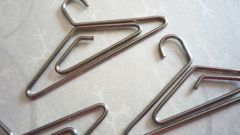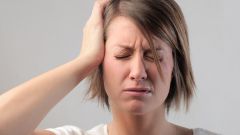Symptoms
To recognize a concussion is not always possible, because it can be expressed in various degrees of intensity. Most often people complain of dizziness, nausea, headache, noise in ears and pain in the eyeballs. Also often there is vomiting, insomnia or drowsiness, loss of appetite, euphoria and memory problems. Also a concussion can be identified by lethargy of the victim, the pallor of his skin, absent-mindedness, changing respiratory rate and pulse rate, and rise/drop in blood pressure. Usually these symptoms occur within the first three days after concussion.
In some cases, neurological signs of a concussion may be completely absent.
Untimely appeal to the doctor is fraught with disappearance of the symptoms of a concussion and, as a consequence, difficulties in the diagnosis. In addition, brain injury can lead to the development of an intracranial hematoma, which is treated more severely than a normal concussion – besides, it is dangerous for the life of the victim and its functions. Treatment of head injury should always be conducted in a hospital, with strict adherence to bed rest and doctor's prescription.
Time in the hospital
Because a concussion is different degrees of severity, the time the patient spend in the hospital depends on them. So, it can vary from 3 days to 21 days – and so on, especially when there are various neurological complications that require long-term and adequate treatment. Typically, the victim's condition, treating a concussion in the hospital, is improving rapidly, after which they are discharged home under the clinical supervision of the district neurologist.
It should be remembered that the effects of concussion can often occur after discharge from the hospital, so you should not rush her until complete recovery.
A consequence of the denial of hospitalization or urgent discharge from hospital can be frequent headaches, irritability, fatigue, unsteady gait, and a reduction in sharpness of memory, vision and so on. In addition, a person can buy a vegeto-vascular dystonia, hypertension, epilepsy and convulsions – these effects usually increase in adverse unsafe conditions and failure to comply with the quiet lifestyle required after a concussion.





